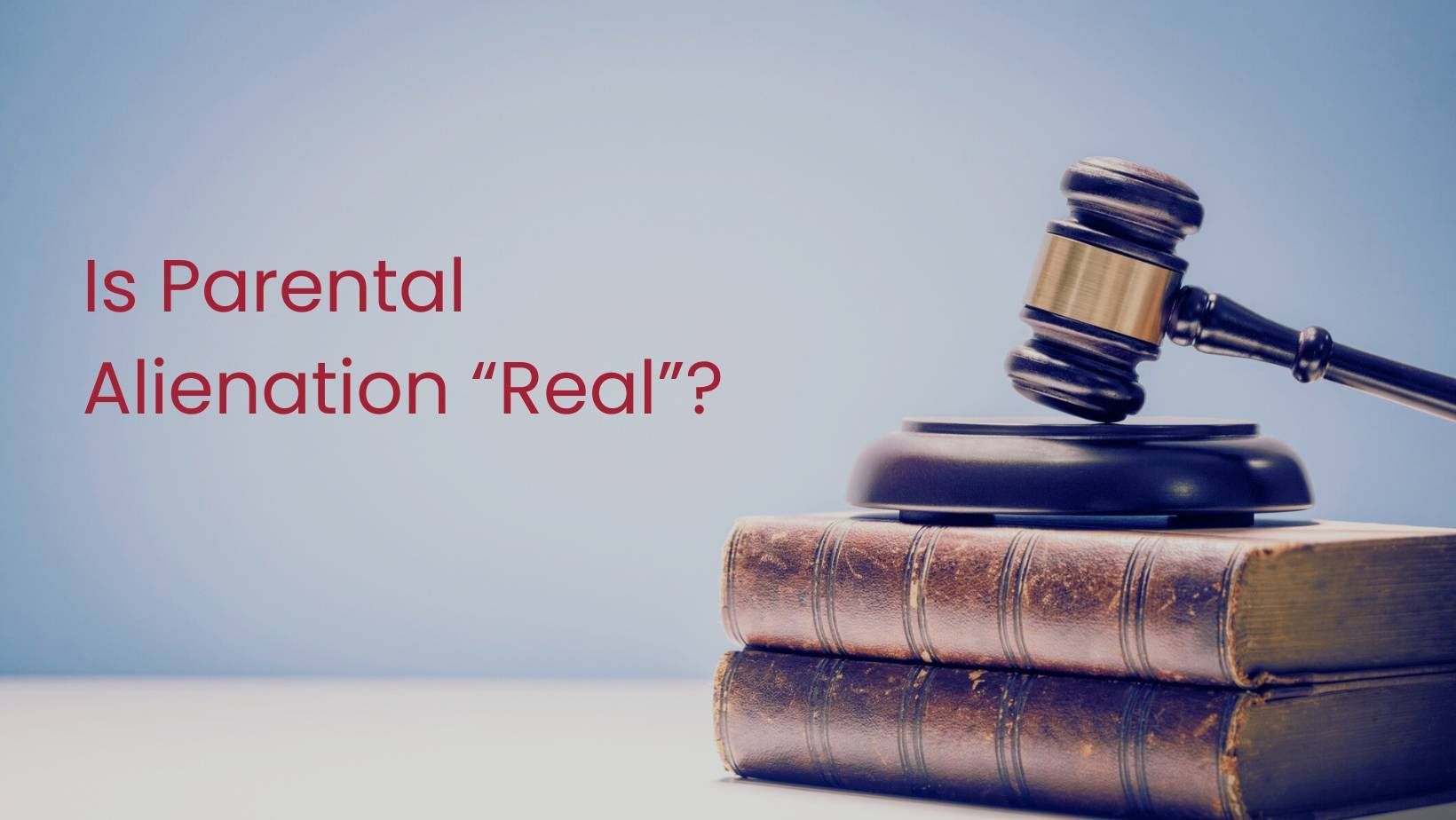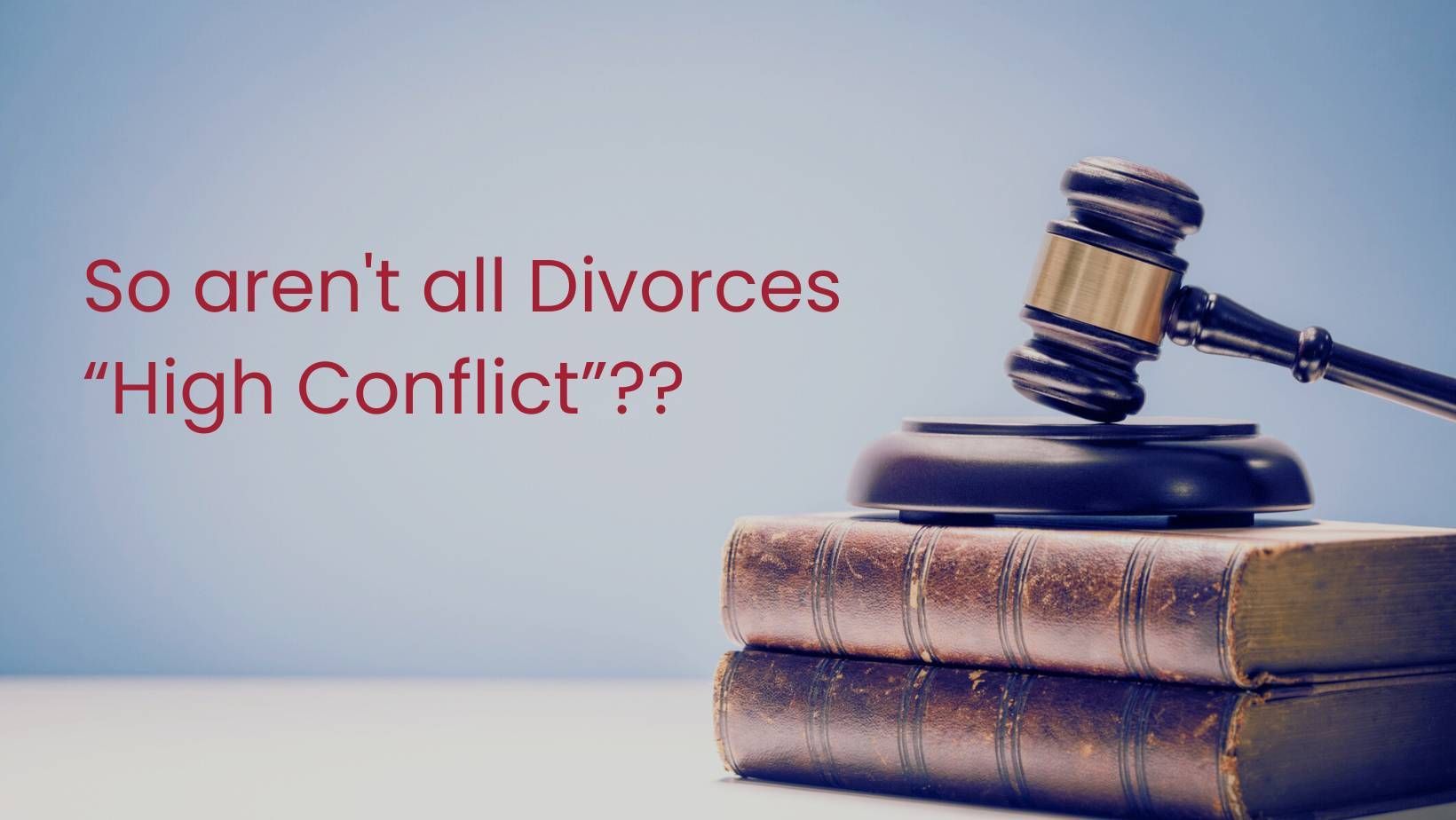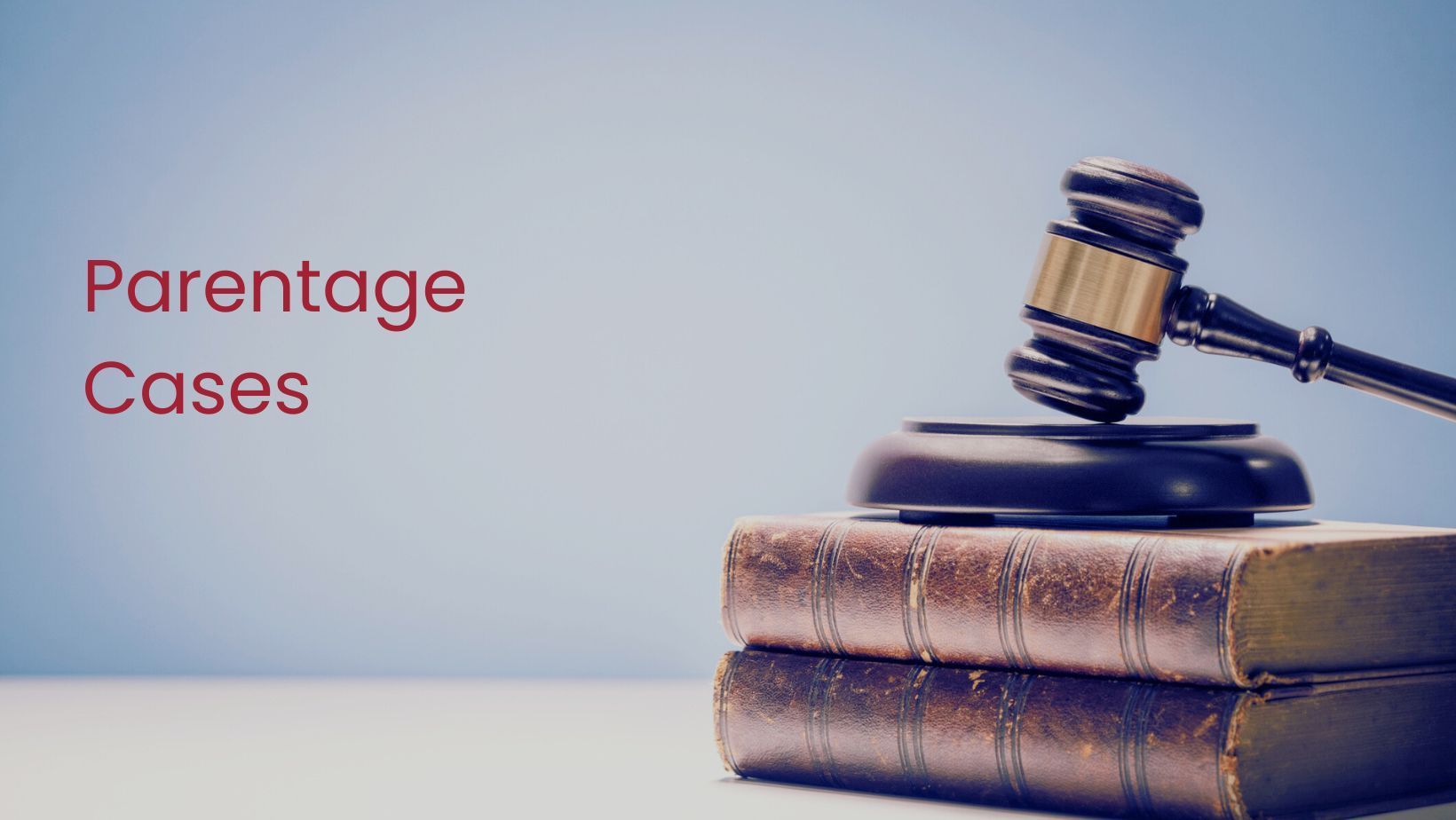Legal Separation vs. Divorce
- By Daniel Gold
- •
- 07 Aug, 2024
- •

“What is the difference between legal separation and divorce?” Well, thank you for asking!!
Both options have differences and implications. Understanding these differences can help you make an informed decision that works for you.
What is Legal Separation?
Legal separation allows couples to live apart and make formal arrangements regarding property, finances, and child custody without ending the marriage. It's an alternative for those who may not want to divorce due to personal, religious, or financial reasons. I have always explained it as “It looks like “divorce” but isn’t.”
Here are the key points you should know:
- Marital Status: Legally separated couples remain married. They CANNOT remarry unless they obtain a divorce.
- Financial Arrangements: Legal separation includes decisions about spousal support, child support, and division of assets and debts, similar to divorce.
- Health Insurance: A key benefit (more important prior to ACA aka “Obama care”) Couples can maintain their health insurance benefits, as legal separation does not terminate marital status.
- Reconciliation Possibility: Since the marriage is not legally ended, there is a possibility for reconciliation without needing to remarry.
- Tax Benefits: Legally separated couples may still file joint tax returns, potentially benefiting from certain tax advantages.
What is Divorce?
Divorce, also known as dissolution of marriage, legally ends the marriage. This process involves dividing marital assets and debts, determining child custody arrangements, and establishing spousal and child support. Here are the key points:
- Marital Status: Divorce legally ends the marriage, allowing both parties to remarry in the future.
- Asset and Debt Division: Marital property and debts are divided according to California's community property laws, which typically split assets and liabilities equally.
- Spousal and Child Support: Divorce proceedings determine the amount and duration of spousal and child support based on various factors, including income, standard of living, and the needs of the child.
- Finality: Divorce provides a final resolution to marital issues, legally separating the parties' lives and financial responsibilities.
“So which do I choose?” Here are some factors to consider
- Emotional Readiness: If you are not emotionally ready to end the marriage, legal separation might be a more suitable option. But note that you may have to file a separate Petition to dissolve the marriage and marry someone else in the future.
- Religious Beliefs: Some individuals choose legal separation due to religious beliefs that prohibit or discourage divorce. In my experience, this the least frequest reason that people may opt for legal separation.
- Financial Considerations: Consider how legal separation or divorce will impact your financial situation, including tax implications, health insurance, and retirement benefits.
- Future Intentions: If you plan to remarry, divorce is necessary. However, if reconciliation is a possibility, legal separation allows for that without additional legal steps.
- Children’s Welfare: Assess how each option will affect your children, including custody arrangements and emotional stability.
- Need For Immediate/Emergency Relief: Those fleeing an abusive situation, may see this as a viable option because there is no residency requirement in the county to grant a legal separation.
- No Waiting Period: There is no six month cooling off period with a legal separation so people can obtain a Judgment of Legal Separation shortly after they file their Stipulated Judgment with the Court.
Conclusion
Choosing between legal separation and divorce is a significant decision that requires careful consideration of your personal, emotional, and financial circumstances. Understanding the differences and implications of each option can help you make an informed choice that best suits your needs. For personalized advice and assistance, contact me for expert guidance.
Call: 949-756-0684
Email: dgold@tldlaw.com
Disclaimer
This information outlines a few of the concepts that surround legal separation and divorce in the State of California. It is not intended to be, nor should it be construed as legal advice for any particular situation. Please seek advice from TLD Law or your personal attorney in your state or jurisdiction.
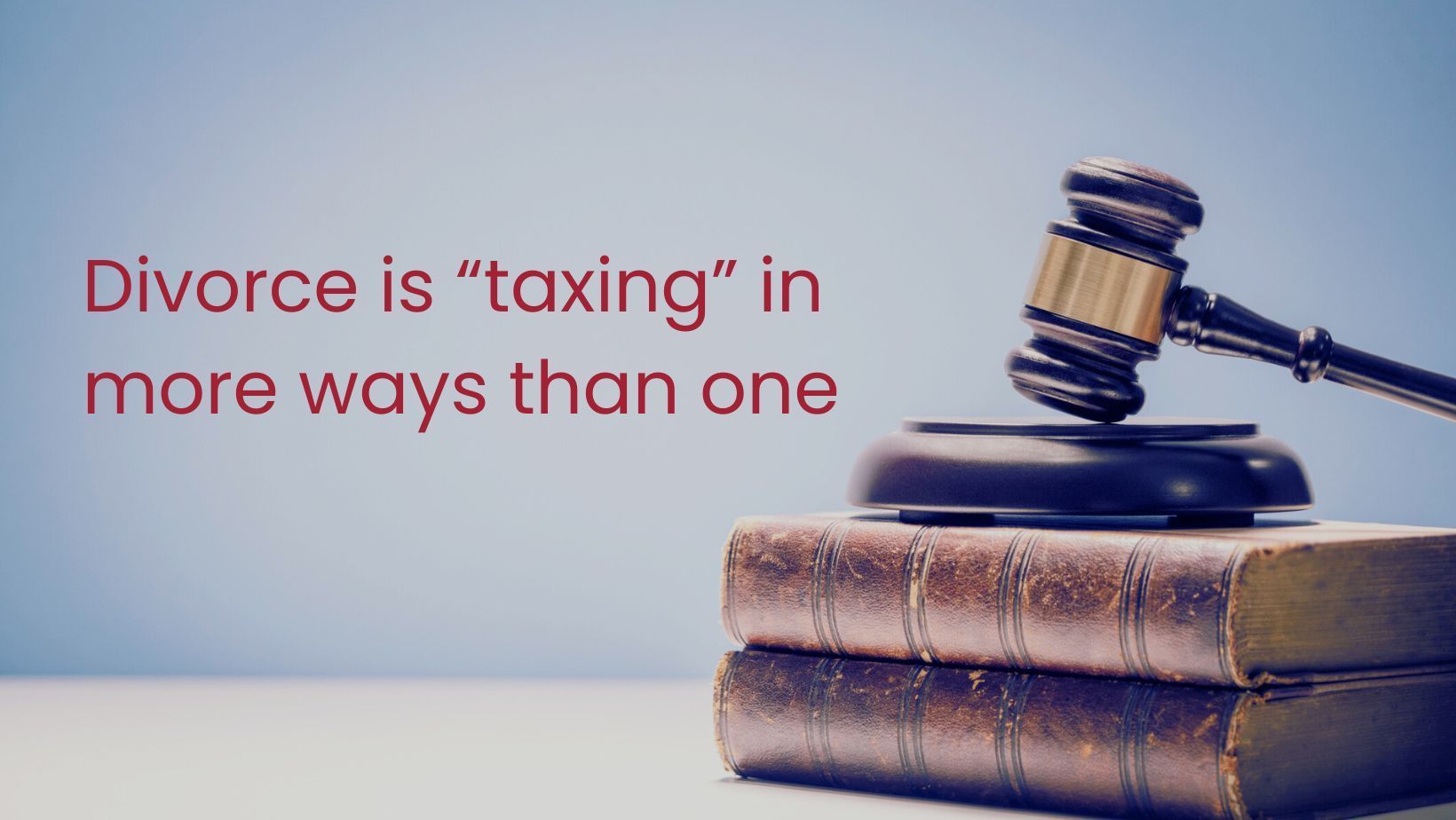
Divorce brings significant changes to your financial situation, and understanding the tax implications is crucial to avoid unexpected liabilities and maximize your financial health. From filing status to the division of assets, knowing how divorce impacts your taxes can help you plan effectively for your post-divorce life.
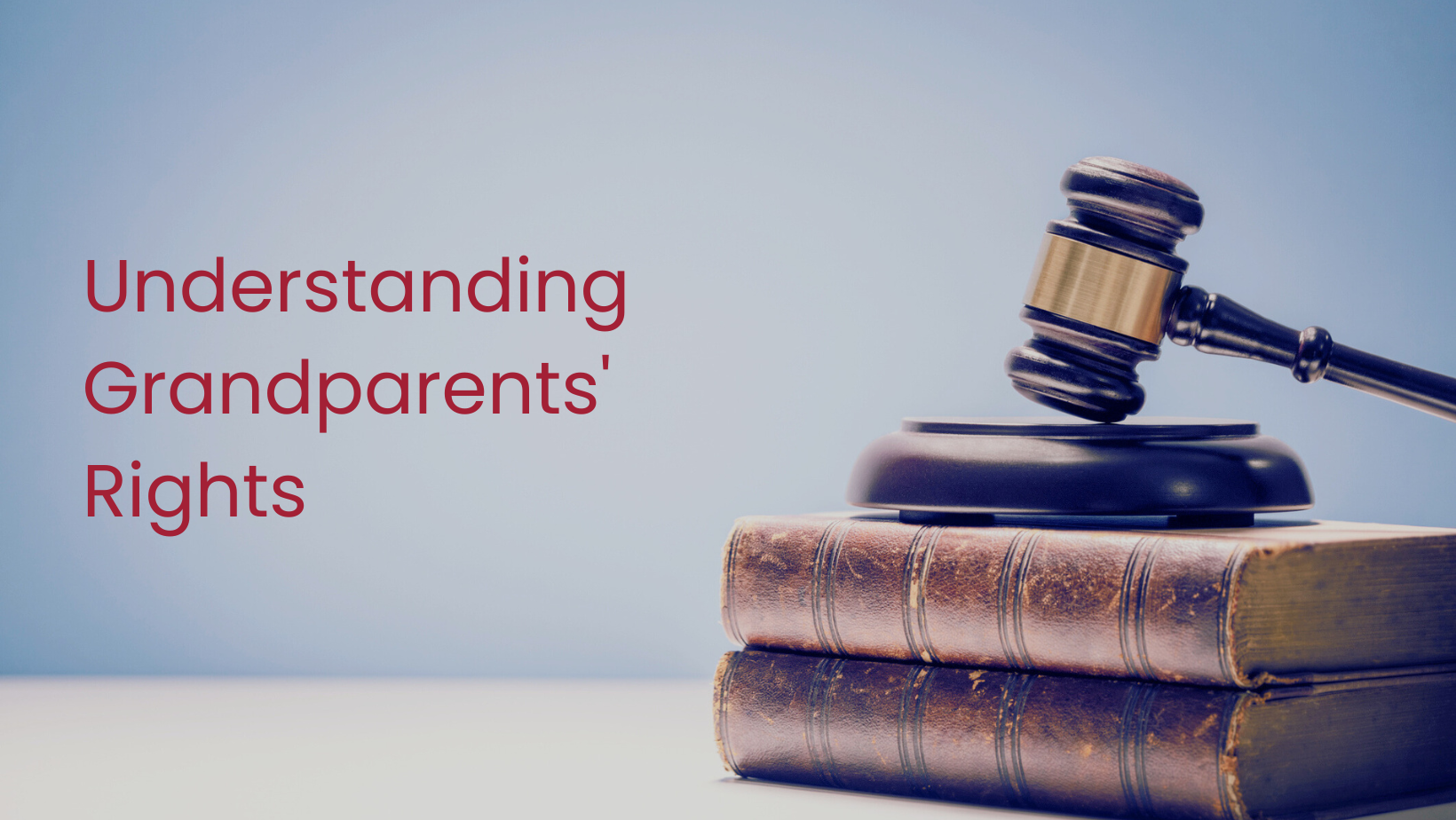
Grandparents can seek custody or visitation in California, but the process is not straightforward. Courts prioritize the child’s best interests while balancing parental rights, so proving that grandparents’ involvement is necessary requires careful legal navigation. For personalized advice and assistance with grandparents’ rights, contact me for expert guidance.

It is striking how far things have some since I was sworn in as an attorney in 1993. I remember the “dawn” of domestic partnerships in California and its evolution to becoming something akin to marriage “lite”; when many other states, and the Federal government did not choose to give legal recognition to same sex relationships.How far things have come since those early days.


